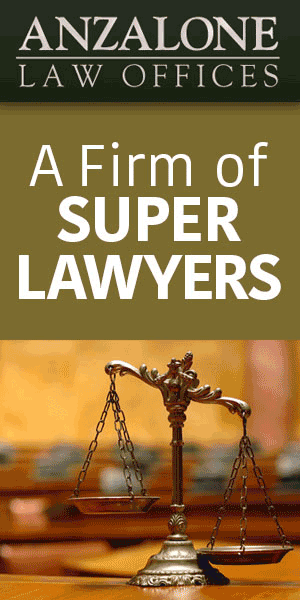The job of a court reporter presents its holders with complex and difficult challenges on a regular basis. A court reporter’s duties extend beyond merely taking notes during proceedings; they also include being familiar with and comfortable using a wide range of specialised office machinery.
The first eight are provided below to help you get going
Don’t just be on time, be early
Turning up on time according to the clock is the same as being late in many contexts. Arriving at the last minute not only increases the stress levels of the lawyers waiting for you, but also forces you to set up in a hurry and leaves you with no time to anticipate or address any problems that may arise. Make every effort to get there at least half an hour early to settle in at your desk, meet with attorneys, and familiarise yourself with the area.
Second, Decipher What the Translators Are Saying
It’s possible that you’ll need an interpreter if two spoken languages are involved, or if you’re in a situation where you’ll need to communicate through sign language. A court reporter’s duties include not only clearly distinguishing between a witness’s testimony and that of an interpreter, but also swearing the interpreter in with the proper language. Be ready for this possibility by having a plan in place.
Spelling Variations and Rules
Never assume that a witness’s first or last name is spelt as you would expect; rather, take the time to confirm the spelling of their names with them before adding them to the record. It can be helpful to use breaks and the time right after the deposition to get correct spellings when they don’t come up very often during testimonies. Following the conclusion of the deposition, you will have time to do this.
Coordinating With Counsel
Having direct contact with attorneys allows you to build a rapport with them and provide assistance that is more tailored to their needs. It’s not unusual for someone to need a transcript quickly or to want to keep their information secret. Kindly elaborate on your requests. Before saying “tomorrow” or “first thing in the morning,” make sure you know exactly what is expected of you. There is a vast gulf in significance between these two requests.
The semantics of statements
Some witnesses may refuse to take the oath if it is required of them. Legally, affirming your testimony is the same as swearing under oath, but some people’s religious practises prevent them from doing so. To affirm one’s testimony is the same as to swear to the truth. Get ready for both outcomes.
Keep Up, Don’t Lag
It can be difficult for a court reporting Honolulu expert to keep up with the conversation and make an accurate record when witnesses speak quickly or mumble, or when multiple people are speaking at once. It’s crucial that you don’t interrupt the proceedings or stop the witness’s testimony too often for the wrong reasons, but it’s also crucial that you don’t.
Continually ensure your readiness by following the seventh rule
If you expect complex or highly technical testimony in a particular case, it will serve you well to study up on the subject in advance. You should try to collect lists of names, terms, or acronyms that could be challenging to transcribe accurately in real time.
Don’t let yourself fall behind the times
Maintaining expertise as a court reporter requires constant practise and development, as well as familiarity with the latest developments in the field’s various tools. Verify that your computer and steno machine are fully operational, and that all of the hardware, software, cables, and accessories you need are installed, updated, and readily available.
Conclusion
Pursue these ideas, and you’ll present yourself with an air of self-assurance that will serve you well in your professional life. There are times when nothing can replace experience, but that doesn’t mean you can’t get the job done with a little hard work and a commitment to excellence. Neither can be replaced by mere experience.
























